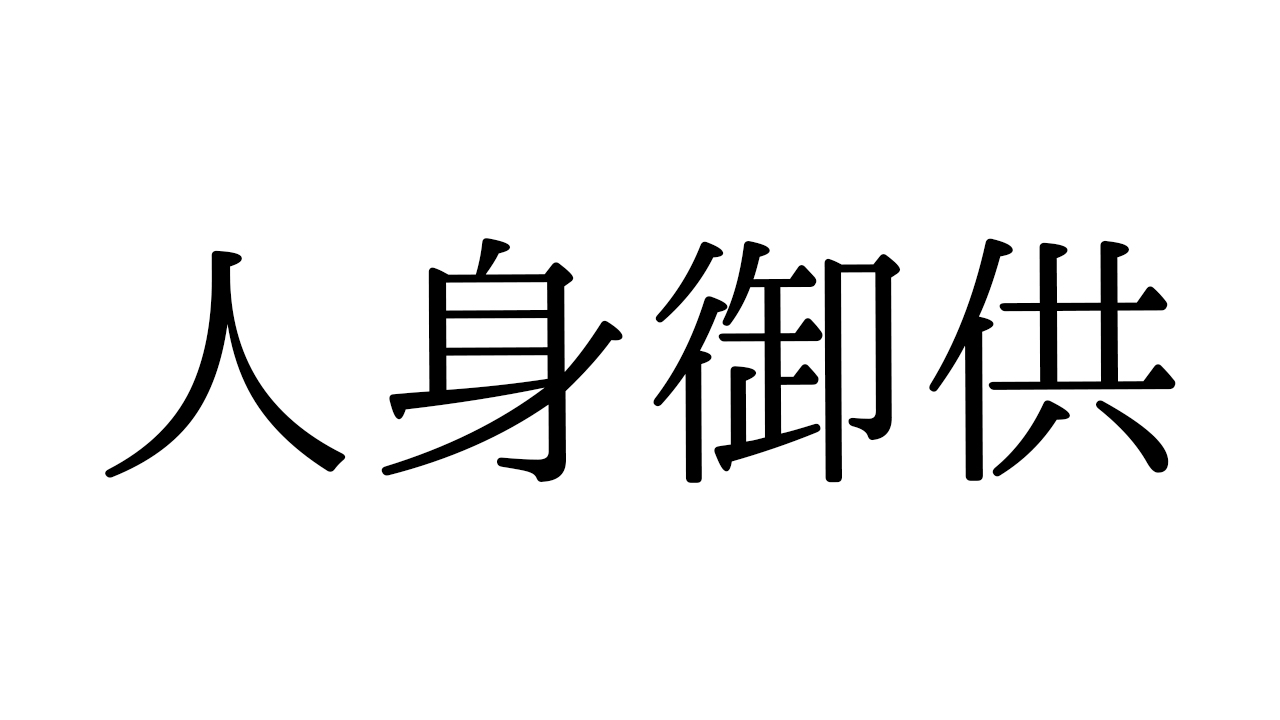Have you ever come across the Japanese term “hitomigoku” (人身御供)? It might sound like a complex and intimidating word, but it’s occasionally used in everyday conversations. However, many people may not know its precise meaning or how to use it correctly. In this blog post, we’ll delve into the meaning, origin, and proper usage of “hitomigoku,” providing you with a comprehensive understanding of this intriguing term.
The Meaning of Hitomigoku
Hitomigoku refers to the act of offering a human sacrifice to appease deities or powerful figures in order to avoid calamities. In ancient times, people were sometimes literally sacrificed to prevent disasters, diseases, or other misfortunes. In modern usage, however, the term is often used metaphorically to describe situations where an individual is sacrificed for the benefit or personal gain of others.
The Origin of Hitomigoku
The term “hitomigoku” consists of two parts: “hitomi” (人身), meaning a human body, and “goku” (御供), referring to an offering. Together, they form a term that literally means offering a human body to the gods. The origin of this term paints a rather grim picture, doesn’t it?
How to Use Hitomigoku and Example Sentences
In contemporary Japanese, “hitomigoku” is often used metaphorically. For instance, you might say, “The boss made his subordinate a hitomigoku to avoid taking responsibility for the mistake.” This implies that the boss sacrificed the subordinate to protect his own interests. Another example could be, “The company offered someone as a hitomigoku to cover up the scandal,” suggesting that an individual was sacrificed to maintain the company’s reputation.
Synonyms for Hitomigoku
A similar term to “hitomigoku” is “scapegoat,” which originates from the biblical story of a goat that was symbolically burdened with the sins of the people and driven into the wilderness. In modern usage, a “scapegoat” refers to someone who is blamed or punished for the faults of others. Other words like “migawari” (身代わり), meaning a substitute or stand-in, and “ikenie” (生贄), referring to a living sacrifice, can also be used in contexts similar to “hitomigoku.”
Conclusion
While “hitomigoku” once referred to the literal act of human sacrifice, it is now more commonly used metaphorically to describe situations where someone is sacrificed for the benefit or protection of others. By understanding its meaning, origin, and usage, you can effectively incorporate this term into your everyday conversations and writing.





















